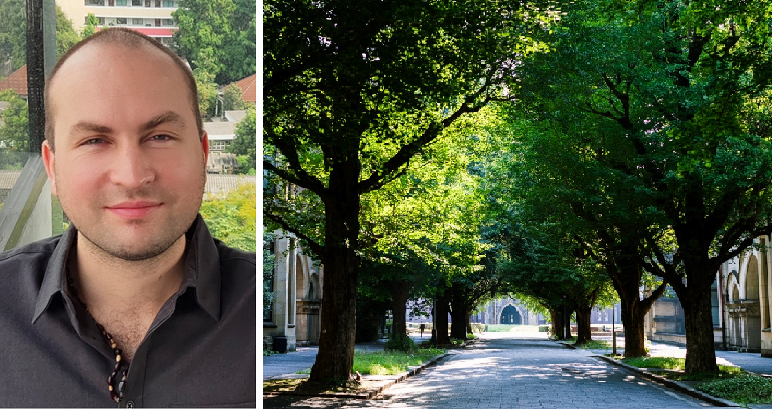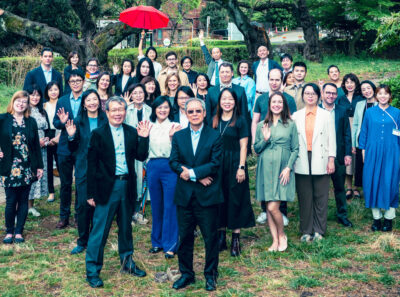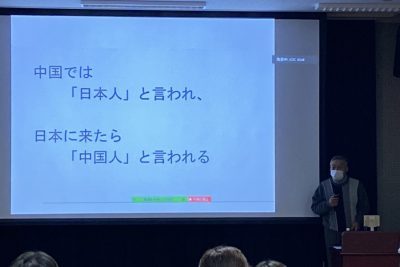New Member Interview: Postdoctoral Fellow Laur KIIK

In this blog series, we interview new members of Tokyo College. For this entry, we spoke with Dr. Laur KIIK, a Postdoctoral Fellow who joined us this April.
Welcome to Tokyo College! Could you tell us a little bit about what you were doing before joining the College?
For twelve years – since 2010 – I have been learning and publishing about people and nature in the Kachin highlands. That is where the vast nations of China and India meet Burma (Myanmar), a country that has not had a day of peace since the Second World War.
My research is based on ethnographic fieldwork among the nearly one million Kachin people. I have published on Kachin nationalist thinking, including on the war and on outsiders making grabs for local natural resources. I also have a series of articles on the international controversy concerning the Myitsone hydropower mega-project, which involves Chinese, Kachin, and Burmese nationalism.
Kachinland is so rich in life-forms that it has attracted many biodiversity conservation projects. This led me to explore and publish on the anthropology of nature conservation.
Could you explain your current research project(s)?
Global environmental crisis, surging nationalism, and China’s rise are each changing our world. But how do they connect? That is my broad framing question.
My research aims to show how a locally grounded ethnographic approach that combines different academic disciplines can help answer such big questions.
My more specific questions return to Kachin nationalism, natural resources, ethnic conflict, and wildlife. For example, how have Kachin struggles to build their nation become so entangled with Chinese projects to use local nature – from billion-dollar jade mining to rainforest logging, mono-crop plantations, and large hydropower development? Or, what happens when Western biodiversity conservationists and Kachin nationalists meet?
This kind of research shows how struggles over nature and struggles over nation can become so entangled that they cannot be understood separately. Yet, it leaves us with one more problem—namely, how does one write about such entanglements without reducing one side to the other?
What are your goals for your tenure at the College?
While working on research, articles, and a book, I will collaborate with a network of Japanese, Kachin, and other international colleagues here in Tokyo and beyond. My studies resonate with the particularly interdisciplinary Japanese tradition of Asian Studies and other area studies. I look forward to learning more about how Japanese researchers have approached anthropology, ecology, and beyond.
So, I especially love that Tokyo College is an “interdisciplinary agora” – an open place for people from all fields of learning to gather, meet, and talk. The upcoming three years of my postdoctoral fellowship will surely bring unexpected connections, comparisons, and collaborations.
Finally, the College encourages us (i.e., those who are in universities) to face more toward the public. As part of this challenge, I aim to help answer puzzling questions, but also to cross research fields, speak in clear and accessible language, and make my research freely accessible online.
I look forward to working together with my new colleagues at the College and feel grateful for the great care that the College staff have shown to us!








